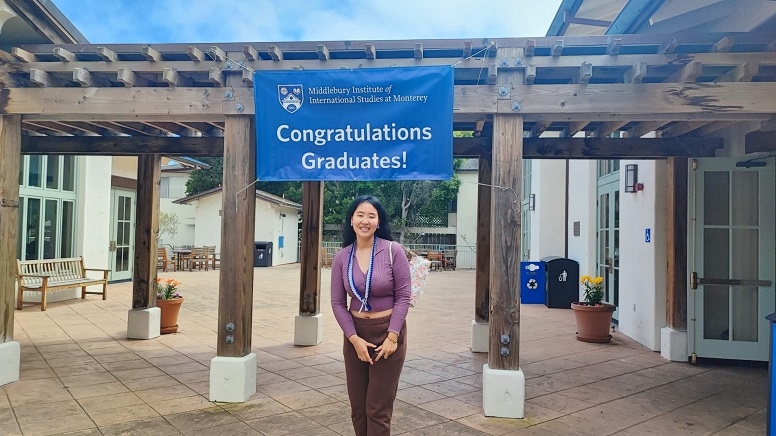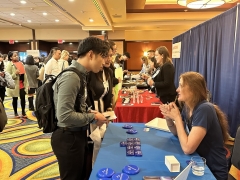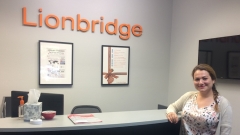First In-Person Translation, Interpretation, and Localization Career Fair in Three Years Connects Employers, Alumni, and Students
| by Sarah Blackwell
Over 20 employers from across the language services industry came to Monterey to connect with students, many sending Institute alumni who shared tips with the next generation.




